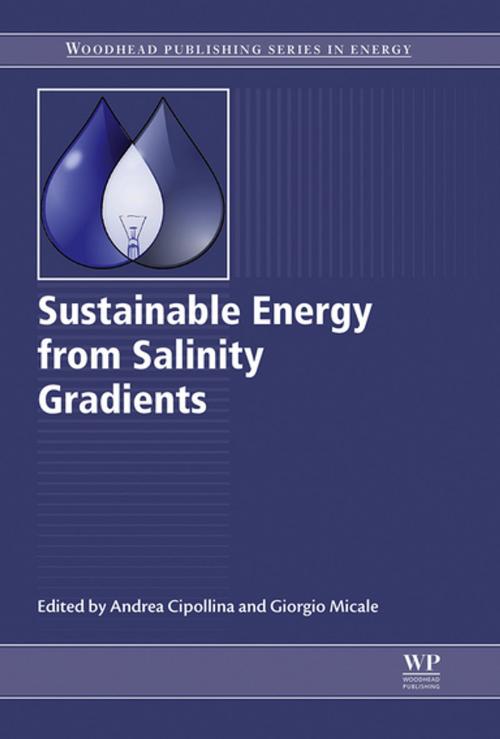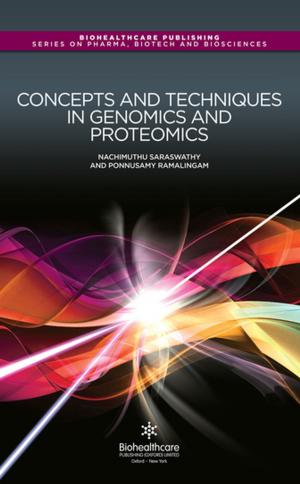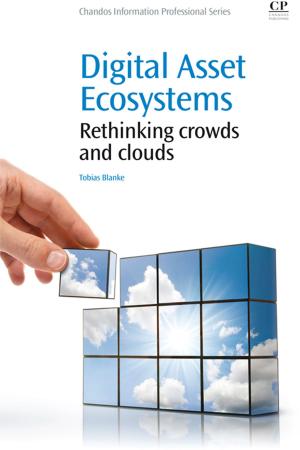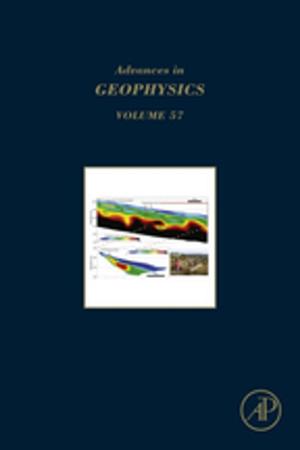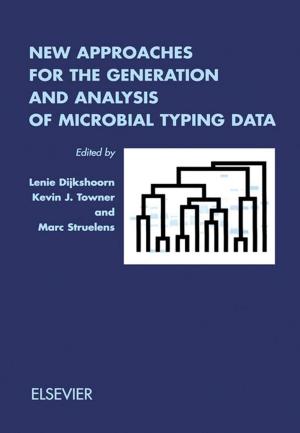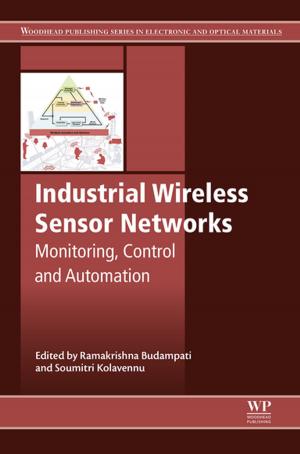Sustainable Energy from Salinity Gradients
Nonfiction, Science & Nature, Technology, Power Resources| Author: | ISBN: | 9780081003237 | |
| Publisher: | Elsevier Science | Publication: | March 1, 2016 |
| Imprint: | Woodhead Publishing | Language: | English |
| Author: | |
| ISBN: | 9780081003237 |
| Publisher: | Elsevier Science |
| Publication: | March 1, 2016 |
| Imprint: | Woodhead Publishing |
| Language: | English |
Salinity gradient energy, also known as blue energy and osmotic energy, is the energy obtainable from the difference in salt concentration between two feed solutions, typically sea water and river water. It is a large-scale renewable resource that can be harvested and converted to electricity. Efficient extraction of this energy is not straightforward, however. Sustainable Energy from Salinity Gradients provides a comprehensive review of resources, technologies and applications in this area of fast-growing interest.
Key technologies covered include pressure retarded osmosis, reverse electrodialysis and accumulator mixing. Environmental and economic aspects are also considered, together with the possible synergies between desalination and salinity gradient energy technologies.
Sustainable Energy from Salinity Gradients is an essential text for R&D professionals in the energy & water industry interested in salinity gradient power and researchers in academia from post-graduate level upwards.
For more than ten years the Editors have been sharing substantial research activities in the fields of renewable energy and desalination, successfully participating to a number of European Union research projects and contributing to the relevant scientific literature with more than 100 papers and 2 books on Desalination technologies and their coupling with Renewable Energy. They are intensely working in the field of Salinity Gradient Power, carrying out research with specific focus o.n open-loop and closed-loop reverse electrodialysis and pressure retarded osmosis.
- Covers applications of pressure retarded osmosis, reverse electrodialysis, and capacitive mixing for salinity gradient power in one convenient volume
- Presents the environmental aspects and economics of salinity gradient energy
- Explores possible synergies between desalination and salinity gradient energy
Salinity gradient energy, also known as blue energy and osmotic energy, is the energy obtainable from the difference in salt concentration between two feed solutions, typically sea water and river water. It is a large-scale renewable resource that can be harvested and converted to electricity. Efficient extraction of this energy is not straightforward, however. Sustainable Energy from Salinity Gradients provides a comprehensive review of resources, technologies and applications in this area of fast-growing interest.
Key technologies covered include pressure retarded osmosis, reverse electrodialysis and accumulator mixing. Environmental and economic aspects are also considered, together with the possible synergies between desalination and salinity gradient energy technologies.
Sustainable Energy from Salinity Gradients is an essential text for R&D professionals in the energy & water industry interested in salinity gradient power and researchers in academia from post-graduate level upwards.
For more than ten years the Editors have been sharing substantial research activities in the fields of renewable energy and desalination, successfully participating to a number of European Union research projects and contributing to the relevant scientific literature with more than 100 papers and 2 books on Desalination technologies and their coupling with Renewable Energy. They are intensely working in the field of Salinity Gradient Power, carrying out research with specific focus o.n open-loop and closed-loop reverse electrodialysis and pressure retarded osmosis.
- Covers applications of pressure retarded osmosis, reverse electrodialysis, and capacitive mixing for salinity gradient power in one convenient volume
- Presents the environmental aspects and economics of salinity gradient energy
- Explores possible synergies between desalination and salinity gradient energy
